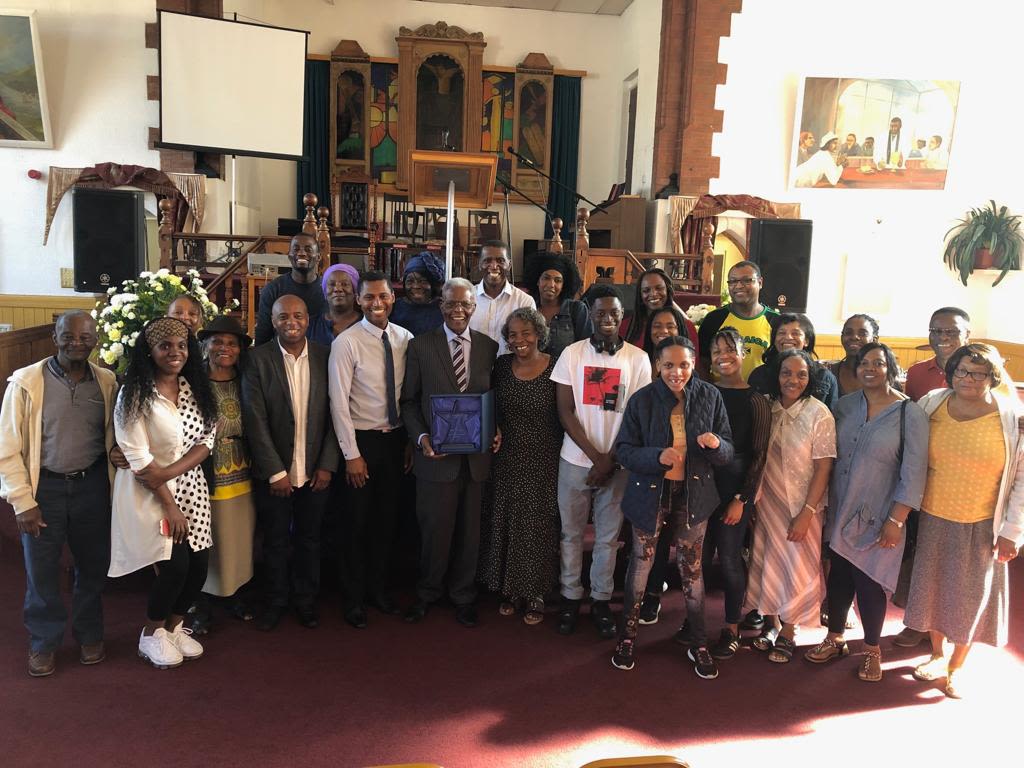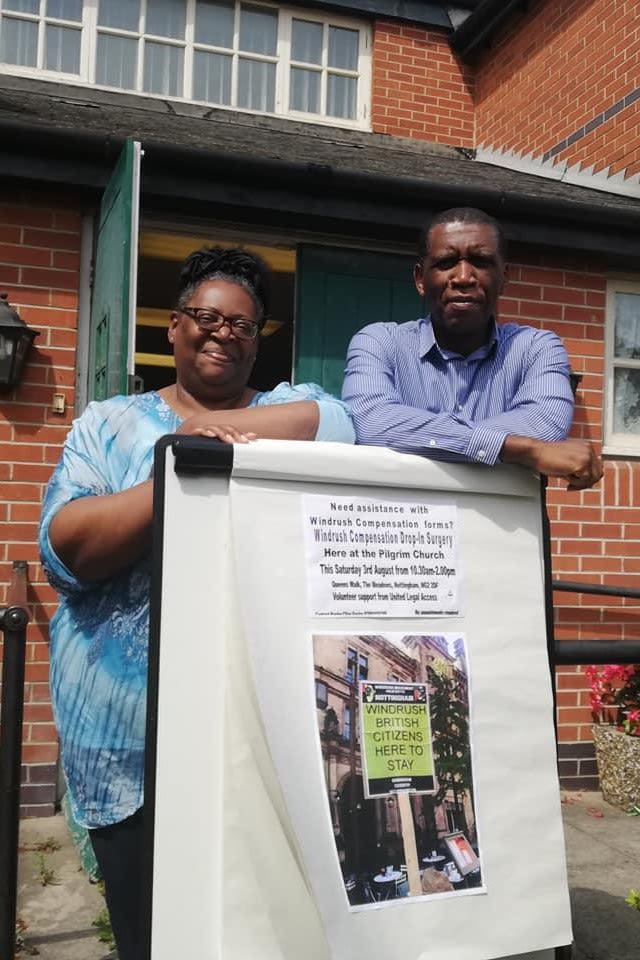Campaign provides hope for Windrush victims
The Windrush Justice Fund has raised £43,000 for organisations across the UK to help victims of the Windrush scandal
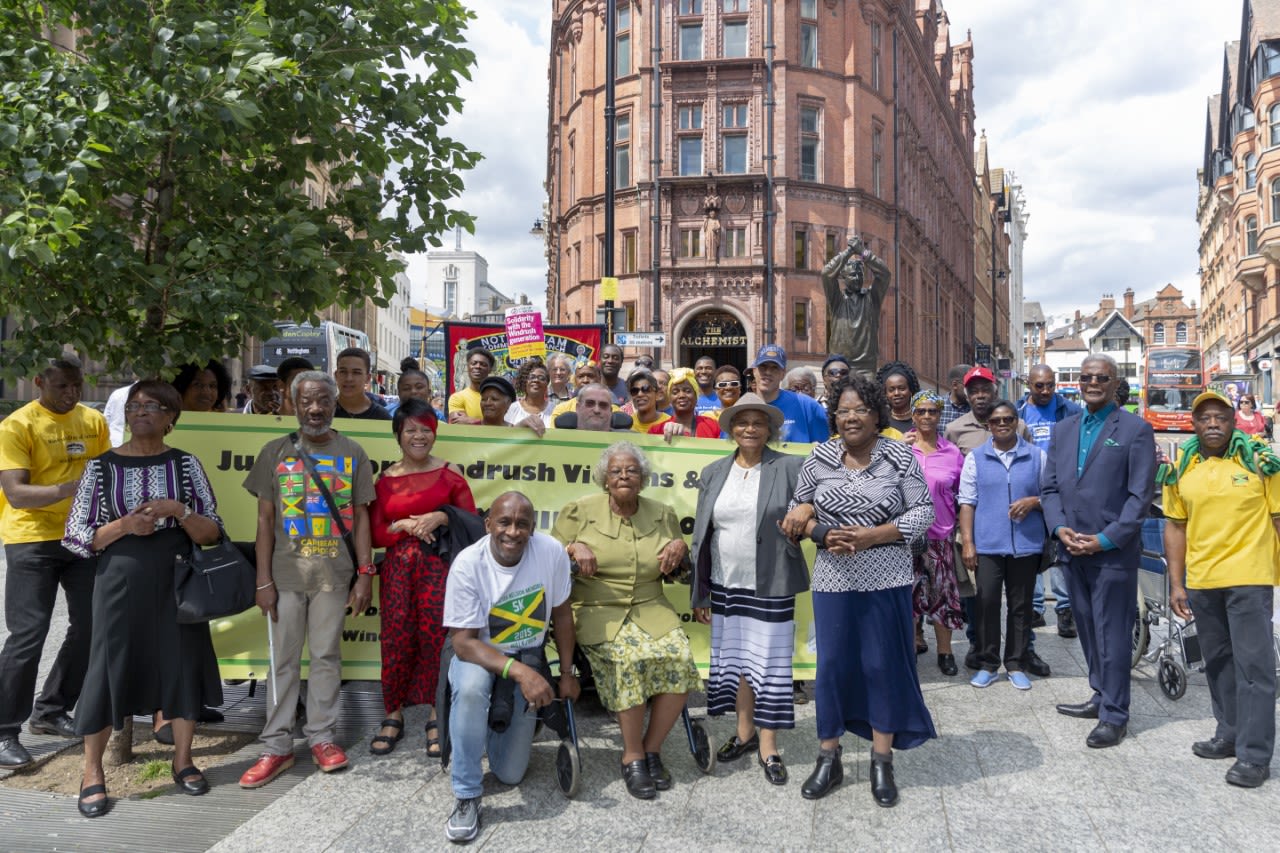
Upon its arrival into Port of Tilbury on June 22 1948, the Empire Windrush ship anchored itself as an iconic moment in the history of British immigration.
On board were returning service personnel who were on leave, as well as 500 people from Caribbean countries exercising their rights within the British Nationality Act 1948, which allowed citizens of the United Kingdom and Colonies to settle in the UK. And the term ‘Windrush Generation’ was soon to be born.
Many were not given official documentation upon their arrival and still lacked such paperwork when the permanent migration of people from Commonwealth countries was stopped under the Immigration Act 1971. This was an important factor of the 2018 Windrush scandal when the Home Office were found to have wrongly deported British citizens.
That year, social commentator and Windrush campaigner Patrick Vernon founded the Windrush Justice Fund- a public crowd-funding campaign, since supported by the Mayor of London, which has recently given out £43,000 to grass-root organisations across the UK helping victims make claims through the Home Office’s Windrush Compensation Scheme.
“After the scandal the government announced the Windrush Task Force which would help people regularise and fast track their status, but there was no legal advice for people to complete forms,” Mr Vernon said.
“People would just have to go to the Home Office but there was a lot of mistrust and suspicion of the Home Office in the first place, and this was further reinforced with the Windrush scandal.
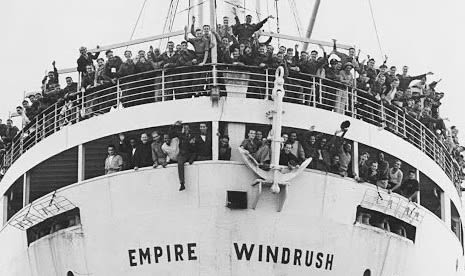
The Empire Windrush in 1948 (Photo credits: Lambeth Labour Twitter)
The Empire Windrush in 1948 (Photo credits: Lambeth Labour Twitter)
“Compensation forms have been very bureaucratic and burdensome for a lot of people to complete. The money was for free legal surgeries, some of them would work with lawyers and case workers and encourage people to come forward.
“The government didn’t make it easy for people to apply for compensation.”
The Black Cultural Archives (BCA) is a heritage centre located in Brixton’s famous Windrush Square that celebrates the role that African and Caribbean communities have played in the UK. It received £2,000 in the first of two rounds of funding, and a further £5,000 in the second round.
Chair of the BCA Dawn Hill CBE has helped organise how the grant, along with money raised elsewhere, is spent on specialist services.
“There is a range of things we use the money for that we would normally have to pay for ourselves. We now give our Volunteer Manager time out from her job to source volunteers to help at the surgeries. The money is also offset for income we would have lost for use of our premises,” she said.
“We have done 13 sessions based on the money we have received and we've seen 102 people from January to March. Subsequent to that, we have been given some money from the Lambeth Council to continue the surgeries for another two months once we re-open.
“There is a massive amount of casework and we have had to acquire further help because the initial legal advice doesn’t just stop there. It can’t be done in just an hour- long interview; it can take two or three more visits.”
The centre was established in 1981 and offers a space for people to receive guidance. Indeed, Ms Dawn explained what two young men told her when they brought an elderly lady into the building.
“They said ‘she was homeless and we couldn’t leave her so we took her to our sisters and they took her in and are looking after her. We heard about the surgery so we brought her in to see you.’ You just cannot make up these stories,” she said.
“Just the fact that people are coming to the BCA is very important because they actually feel very happy and safe coming in. Some people say ‘we wish we knew about this place earlier’. Everybody is nice, we give them tea and coffee and things like that.”
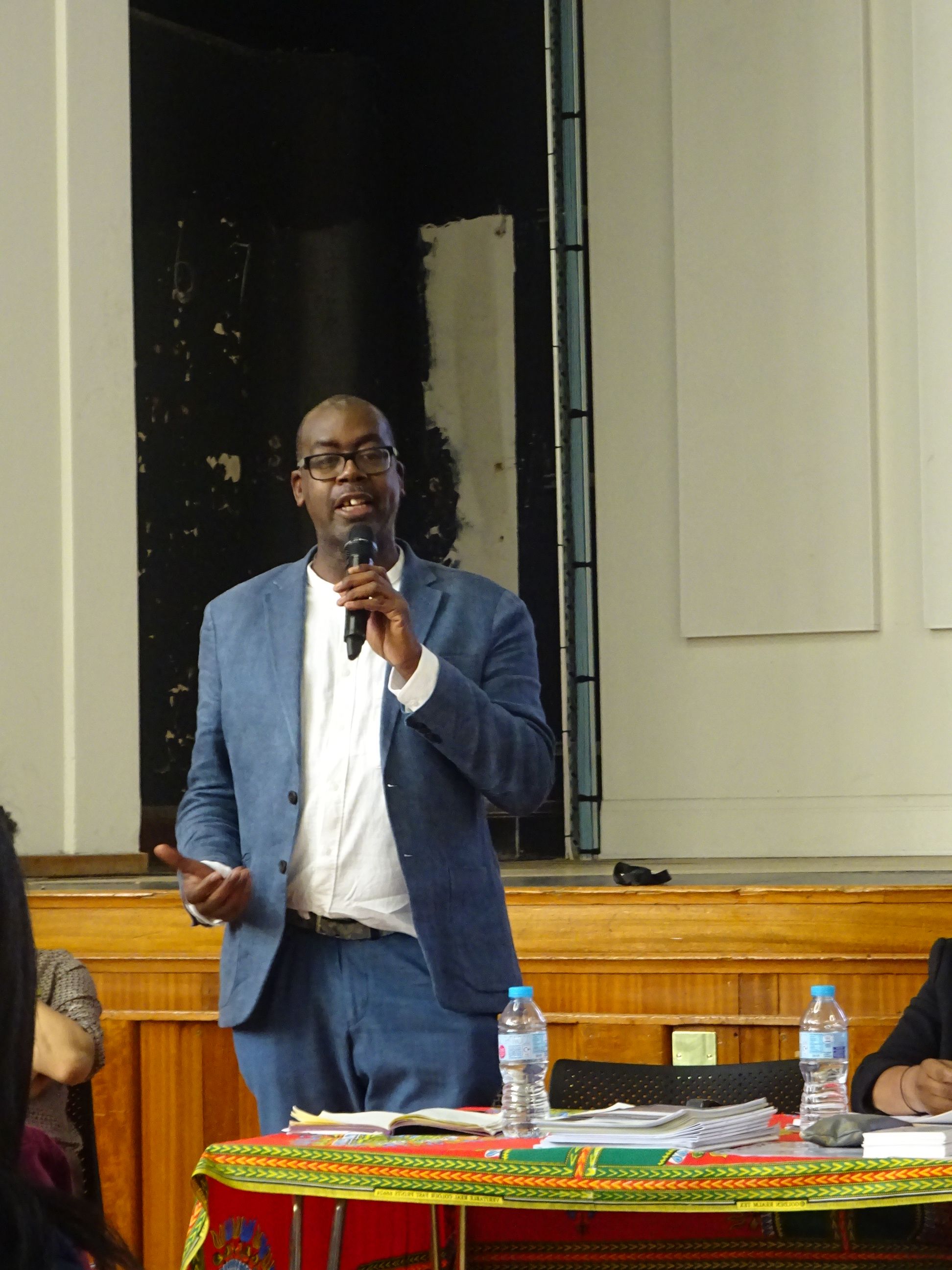
Patrick Vernon speaking at a public meeting in Lambeth Town Hall
Patrick Vernon speaking at a public meeting in Lambeth Town Hall
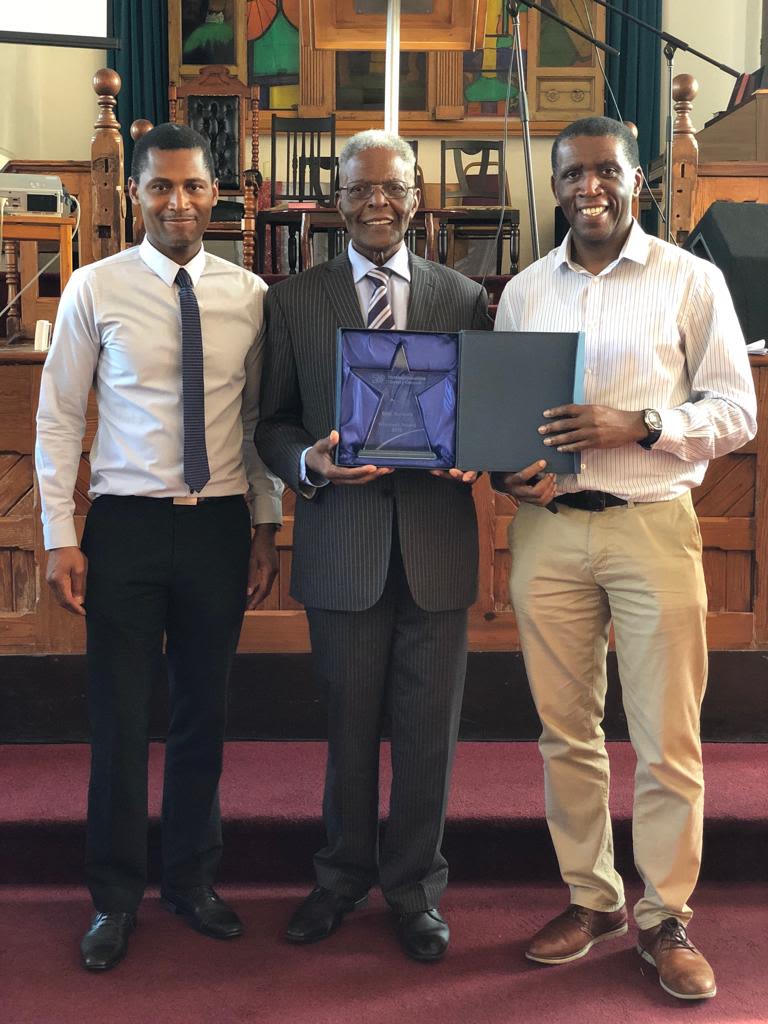
(Photo Credits: Clive Foster, The Pilgrim Church)
(Photo Credits: Clive Foster, The Pilgrim Church)
Mr Vernon, who is from Wolverhampton, explained why some people on the Empire Windrush went to settle in south London.
“About half of the passengers on the ship had no accommodation but a lot of people went to live in Lambeth and Clapham South as there was a former air raid shelter being used as temporary accommodation,” he said.
“There was also a Labour Exchange a mile down the road in Brixton and therefore job opportunities, and that was where the Caribbean community really started in the late 40’s.”
He also believes that although there were boats and planes from the Caribbean carrying migrants to English shores before and after June 1948, the Empire Windrush ship heralded the start of modern day, post-war immigration.
This is a sentiment echoed by Ms Hill, who was born in Jamaica and came to England in 1956 to train as a nurse.
“It is symbolic because there were 500 people on it from the Caribbean. The numbers of people caused quite a flurry.
"There were a few here and there on previous ships and some arrived by plane. People were coming because they were invited to build up Britain after the war,” she said.
“There were people originally from the Caribbean who had already moved to England and were coming back, people in the air force, or in the war who wanted to return to England because the economy in the island was not conducive to them staying.”
Dawn Hill CBE speaks about the importance of practical support in a time of need
Dawn Hill CBE speaks about the importance of practical support in a time of need
